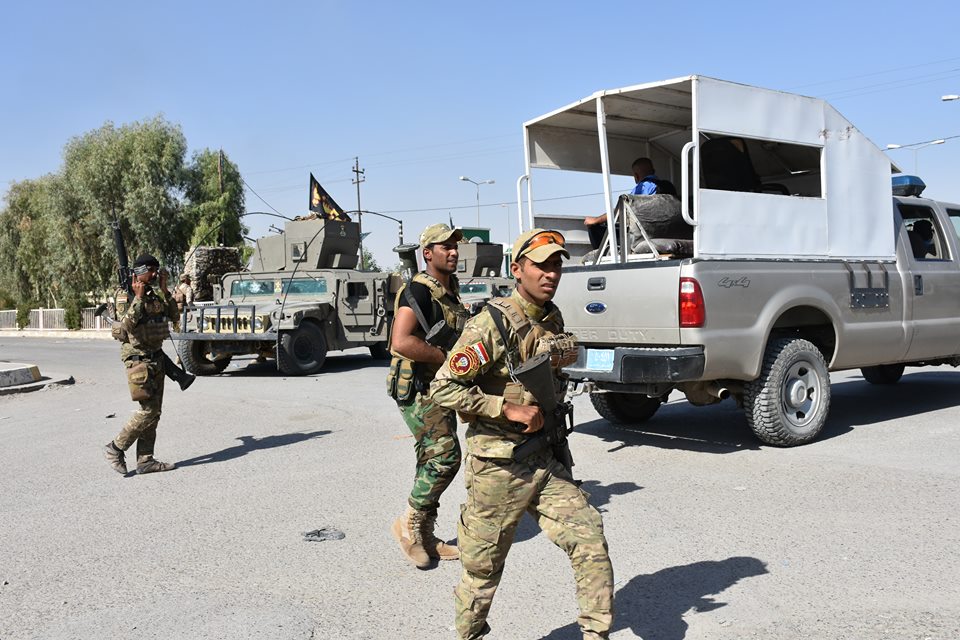The US State Department’s 2018 report on Human Rights Practices for Iraq indicated that violence continued throughout the year, largely fueled by the actions of ISIS, meanwhile it said “the 2018 parliamentary elections, while imperfect, generally met international standards of free and fair elections and led to the peaceful transition of power.”
According to report published the US State Department’s Bureau of Democracy, Human Rights and Labor, “the government’s reassertion of federal authority in disputed areas bordering the Iraqi Kurdistan Region, after the Kurdistan Region’s September 2017 independence referendum, resulted in reports of abuses and atrocities by the security forces, including those affiliated with the Popular Mobilization Forces (PMF).”
The report indicated that “following the return of central government control in Kirkuk in October 2017, Kurds, Turkmen, Kaka’i, Christians, and other minorities faced discrimination, displacement, and in some cases, violence from government forces, particularly Iran-aligned PMF groups.”
“Media outlets carried numerous reports of PMF groups invading, looting, and burning the houses of Kurds, Sunni Turkmen, Sunni Arabs, and other ethnic minorities in Kirkuk Governorate. Kurds faced similar violence in Khanaqin, a majority Kurdish city in Diyala Governorate that also passed from KRG to central government control in October 2017. Discrimination continued to stoke ethno-sectarian tensions in the disputed territories throughout the year”, as highlighted in the annual report.
The US State Department’s report also referred to “frequent reports of enforced disappearances by or on behalf of government forces, including ISF, Federal Police, PMF, Peshmerga, and Asayish, as well as by nongovernment militias and criminal groups”, emphasizing that “ISIS was responsible for most attributable disappearances”, and citing a report by the International Commission on Missing Persons which has estimated that 250,000 to a million persons remained missing from decades of conflict and human rights abuses.
It also underlined the fact that “security considerations, unexploded ordnance, destruction of infrastructure, and official and unofficial restrictions sometimes limited humanitarian access to IDP communities.”
To read the full report click on this link:





